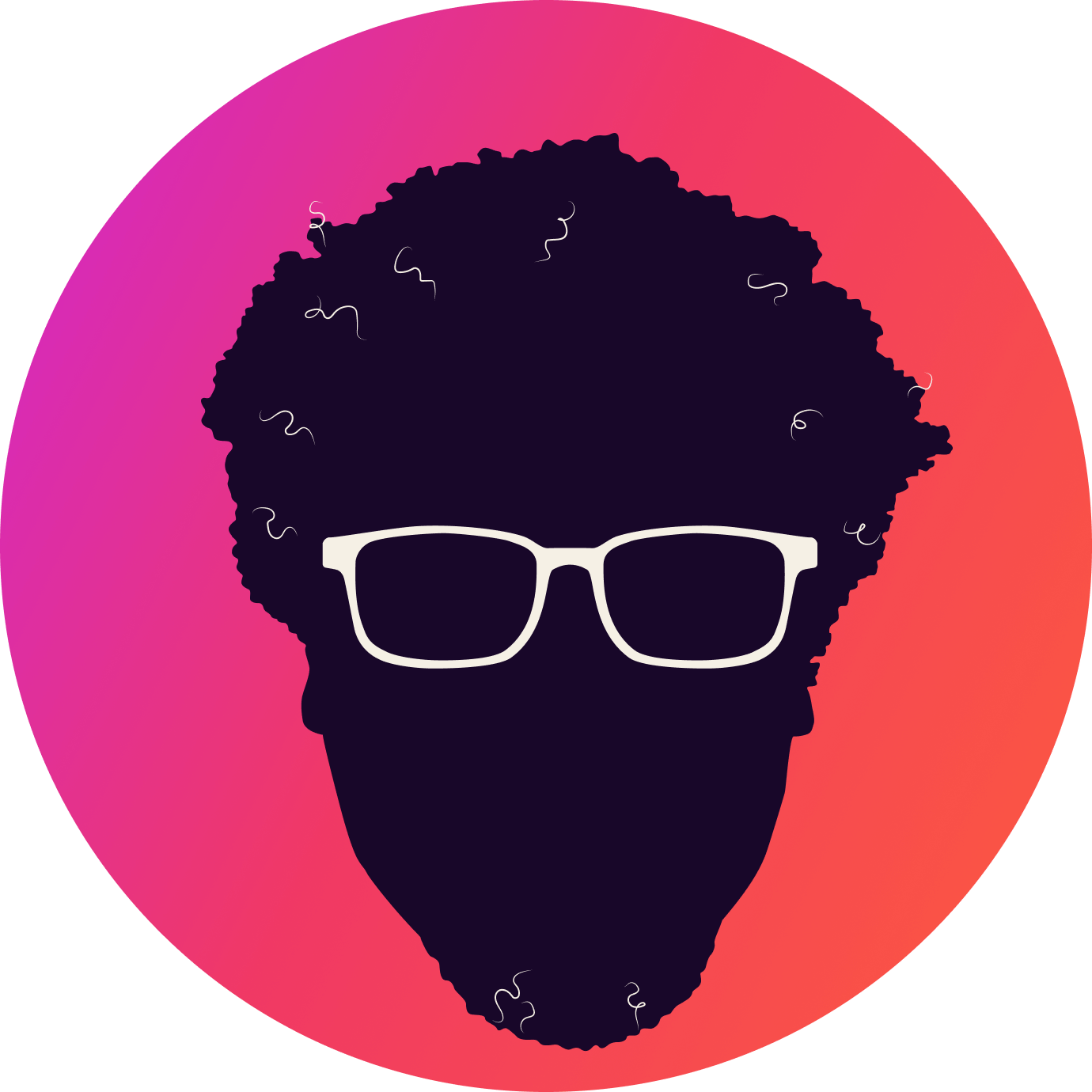Issue #15: Will AI take the labor out of Labor Day?
👋🏾 Howdy, if you’re in the US, I hope you enjoyed the long three-day weekend. Monday in the States was Labor Day, a celebration of America’s labor movement and the lengths taken to define many of the rights we hold today, this day also seems to take special meaning with increased fears of AI and its impact on the job market.
The fears of technology and automation eliminating jobs are as timeless as science, but we forget that this cycle eliminates and also creates new opportunities that were impossible before. An anime, even if targeted to kids I like, is Dr. Stone, a show that imagines a future where civilization is essentially sent to the Stone Age. Armed with science, one man, bit by bit, pulls humanity from the Stone Age with science and demonstrates over and over again how technology can take tasks that feel painful and dangerous and replace them.
About five years ago, Vox did a great video explaining the future of work and why economists are less concerned about the future of jobs than technologists and futurists. The video is about a nine-minute watch but well worth your time.
At about the 7:00 mark, Joss Fong looks at productivity growth and notes that productivity growth has declined for years.
If you zoom in, you can see the major technologies that caused disruption and huge productivity growth before becoming our norm, such as the rise of the computer and the intro of the first killer app, Excel, in 1987, and again with the Internet revolution in the late 90s. On a similar scale, AI will likely lead to a huge growth in productivity, possibly twice that of the increases we discovered from the Internet, but in the end, just as tools like Excel or Photoshop seem commonplace, so will AI tools.
Of course, you’re thinking to yourself that AI is unique, and we have witnessed nothing like it before, and this time the transformation will be bigger and even more disruptive. That indeed might be true, but I can tell you the same things were said of the Model T, refrigerators, computers, the Internet, and mobile phones before – could this wave follow that of history and mean that for those jobs eliminated new sectors and companies that once seemed impossible might replace it?
While you ponder the future of labor, here are a few of my thoughts on tech & things:
⚡️Speaking of AI, OpenAI announced a new version of ChatGPT for enterprises last week. Besides being faster and more secure, the enterprise version of ChatGPT increases the size of the token context window, or for layman, the amount of information you can seed or give to ChatGPT before asking it a question. It also provides bulk user management and support for SSO.
⚡️It feels like eons have passed since Apple announced its Vision Pro headset, but we continue to get trickles of information as more and more developers get access. The early reviews sound amazing, but as I learn more about this product, it starts to sound increasingly unbelievable or almost like magic. On a recent episode of John Gruber’s The Talk Show podcasts, he interviews Michael Simmons of Fantastical, and Michael shares his thoughts at the 0:53:38 mark. I’ve been excited, but Michael seems to echo my concern that it might not live up to the hype, yet it appears that it not only meets expectations but exceeds them.
⚡️While I’m on the Vision Pro thread, Apple plans to roll out a beta of the App Store this Fall and made this note: Starting this fall, an upcoming developer beta release of visionOS will include the App Store. By default, your iPad and/or iPhone apps will be published automatically on the App Store on Apple Vision Pro. If you have an app on the App Store, now is the time to reach out and at least discover how your app might look or work on this new Spatial platform.
⚡️Chances are your shiny car is collecting, sharing, and maybe selling tons and tons of your data. These days cars are giant computers that connect to the Internet to stream music or provide maps, but at the same time, they’re collecting information on your listening habits, how you drive, when you speed, or the destinations you frequent. These machines know a lot about you, and according to the Mozilla Foundation, the privacy and data rules for ALL car manufacturers are woefully lacking.
As always, I hope you’re enjoying this newsletter, and if you are, please forward it along or recommend it to friends, family, or coworkers. Also, if you like something or have ideas, I’m always listening.
-Jason
P.S. While dragging out old but great videos, check out Humans Need Not Apply 👇. This may paint a darker picture of our future, but this thing has aged very well from nine years ago. It also gives me hope that as foggy as our crystal balls of today may appear, so much is needed from us that we don’t know yet. Transportation is going to be a place of huge disruption, but the impact of that opens the door to things before impossible.
